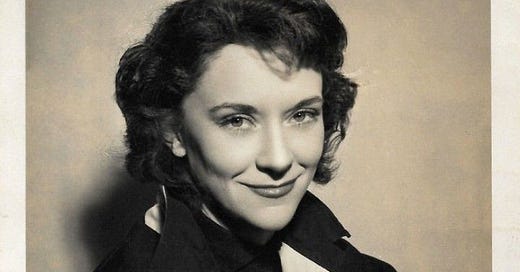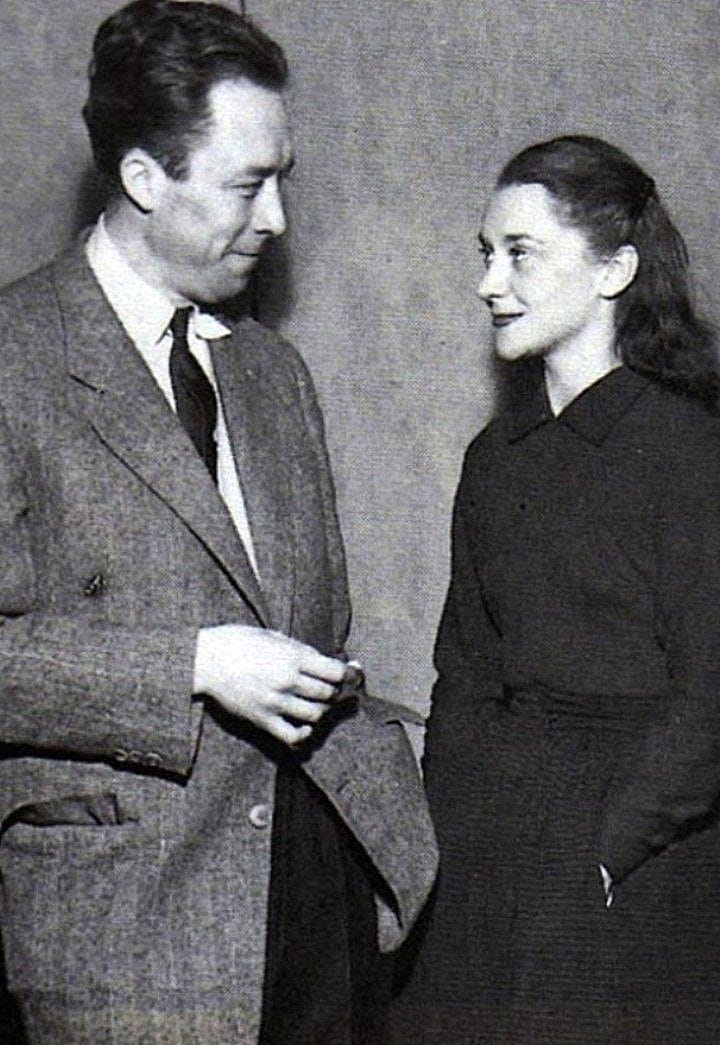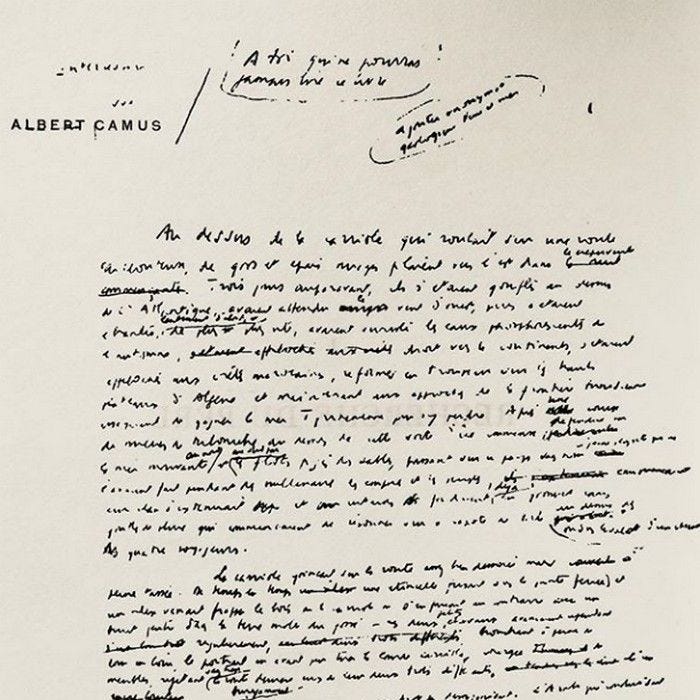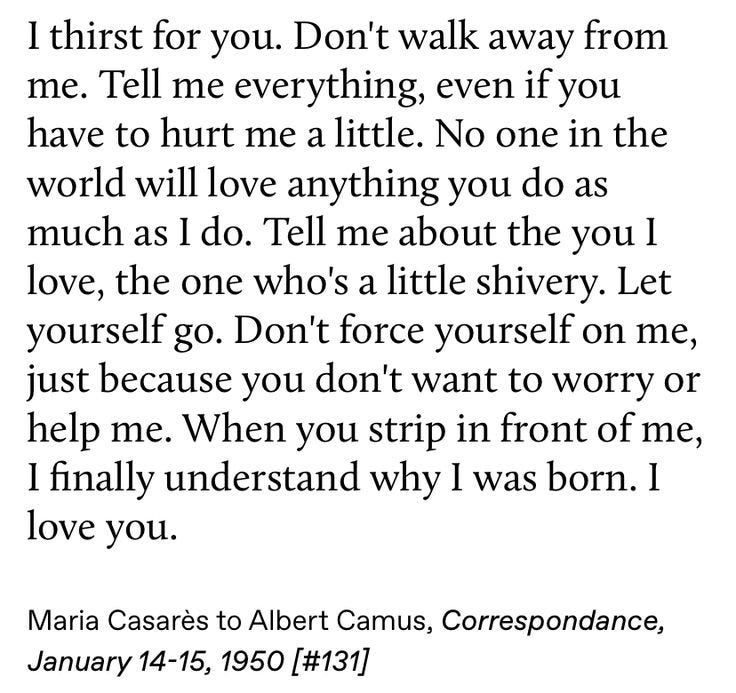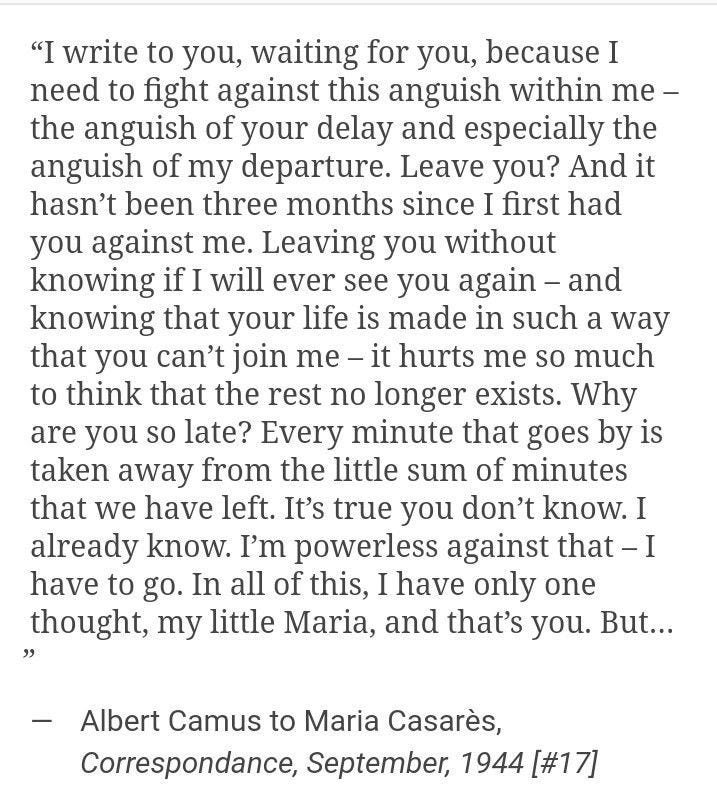“Beyond the Stage: Maria Casarès and Albert Camus - A Friendship Forged in Art”
In the annals of literary history , certain figures stand out not only for their artistic contributions but also for the profound impact they had on each other's lives. One such pair is Maria Casares and Albert Camus, whose relationship transcended mere friendship to become a source of inspiration and mutual admiration.
Maria Casares, born on November 21, 1922, in Spain, was a renowned French stage and film actress. Her striking beauty, magnetic presence and formidable talent captivated audiences on both sides of the Atlantic. But it was not just her acting prowess that distinguished her; it was also her intellect, her passion for life, and her unwavering commitment to her craft.
Albert Camus, born on November 7, 1913, in Algeria, was one of the most celebrated writers and philosophers of the 20th century. Best known for his existentialist novel "The Stranger" and his philosophical essay "The Myth of Sisyphus," Camus explored themes of absurdity, alienation, and the search for meaning in a seemingly indifferent universe.
Casares and Camus's paths first crossed in World War II's tumultuous years. Casares, a fervent anti-fascist, was deeply involved in the French Resistance, while Camus, a journalist and playwright, was a vocal critic of totalitarianism and injustice. Their shared commitment to freedom and human dignity forged a deep bond between them, one that would endure for the rest of their lives.
Their relationship was complex, defying easy categorization. While there were rumors of a romantic involvement, fueled in part by their intense correspondence and frequent collaborations, the true nature of their connection remains shrouded in mystery. What is clear, however, is the profound influence they had on each other's work.
Casares's ethereal beauty and emotional intensity made her the muse of many artists, including Camus. She inspired characters in several of his works, most notably in his novel "The Fall," where the enigmatic figure of Clamence bears a striking resemblance to Casares. Likewise, Camus's philosophy of the absurd and his exploration of the human condition resonated deeply with Casares, informing her approach to acting and shaping her worldview.
Their artistic collaboration reached its zenith with Camus's adaptation of "Caligula" for the stage in 1945, with Casares in the title role. The production was a tour de force, showcasing both the brilliance of Camus's writing and the virtuosity of Casares's performance. It marked the beginning of a fruitful partnership that would see them collaborate on numerous projects over the years.
Despite the intensity of their bond, their relationship was not without its challenges. Both Casares and Camus were fiercely independent spirits, and their respective careers often took them in different directions. Yet, through it all, they remained kindred spirits, united by a shared passion for art and a deep-seated belief in the power of human connection.
Tragically, their partnership was cut short by Camus's untimely death in a car accident in 1960. Casares was devastated by the loss of her dear friend and artistic soulmate, but she continued to honor his memory through her work, ensuring that his legacy would endure for generations to come.
In the years that followed, Casares emerged as one of the preeminent actresses of her generation, earning acclaim for her performances on stage and screen. Yet, amidst the glare of the spotlight, she remained haunted by the memory of Camus, whose presence loomed large in her life and work.
Today, the legacy of Maria Casares and Albert Camus lives on, a testament to the enduring power of art to transcend boundaries and forge connections that defy explanation. Though they may have belonged to different worlds, they were bound together by a shared vision of beauty, truth, and the human spirit – a bond that continues to inspire and illuminate to this day.


